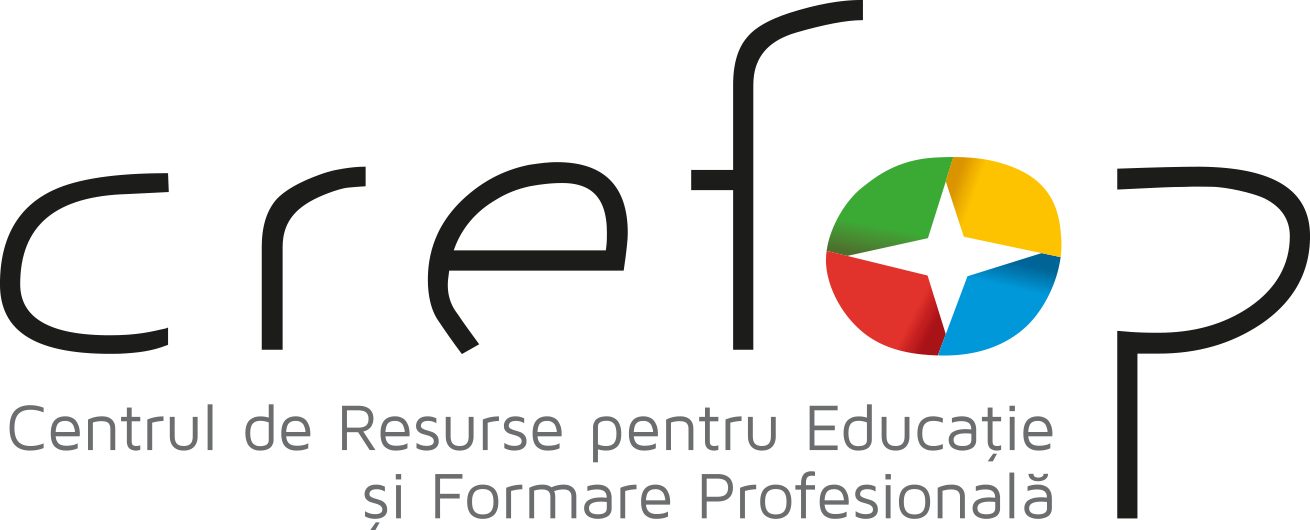
Prezentare Proiectul STONE în cadrul Programului Erasmus+
Context:
În era informației și a digitalizării, secolul 21 aduce schimbări rapide în domeniul inovației și globalizării. Abandonul școlar timpuriu și creșterea fenomenului NEET (tineri care nu sunt angajați, nu sunt în proces de educație sau formare) au crescut în UE.
În lumina acestui context, Proiectul STONE, finanțat prin programul Erasmus+, a fost inițiat pentru a combate aceste probleme și pentru a îmbunătăți competențele educaționale la nivel european.
Obiectivul Principal:
Acest proiect Erasmus+ vizează identificarea, dezvoltarea și implementarea unor modele, abordări și instrumente inovatoare pentru a susține dezvoltarea personală a adulților bazată pe auto-conștientizare. Scopul este de a preveni fenomenul NEET și abandonul școlar timpuriu, consolidând în același timp competențele educatorilor adulți care lucrează cu aceste grupuri vulnerabile.
Rezultatele Așteptate ale Proiectului:
- Curs de Formare pentru Dezvoltarea Capacităților pe Competențe Cheie Noi:
Elaborat pentru a răspunde provocărilor globalizării, acest curs va concentra pe dezvoltarea a cinci competențe esențiale pentru educatori, cu accent pe digital, competențele personale și sociale, și conștientizarea culturală.
- Pachet de Formare personalizat pentru Educatori Adulți:
Acest pachet va fi dezvoltat pentru a aborda specific problema NEET într-o manieră inovatoare și incluzivă.
- Instrument de Evaluare pentru Auto-Evaluare și Personalizarea Învățării:
În cadrul Erasmus+, acest instrument va fi dezvoltat pentru a evalua și îmbunătăți competențele celor țintă, folosind tehnologii precum sistemul de evaluare Badge.
- Toolbox (Cutie de Unelte) cu Bune Practici:
Această componentă digitală va funcționa ca o platformă de schimb și colaborare între educatorii adulți și grupurile NEET.
Mai multe informatii puteti regasi pe situl proiectului: https://stone-project.eu/

